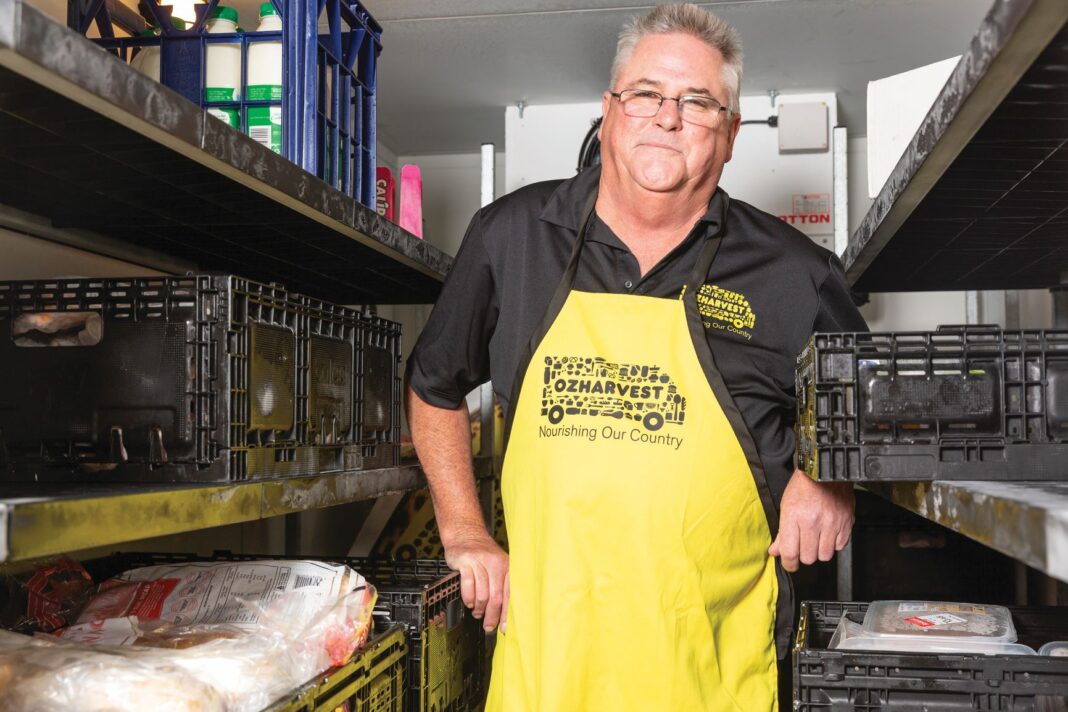A significant number of Canberrans living in low-income households are experiencing food stress, placing greater importance on the role of food assistance providers.
According to the ACT Council of Social Service (ACTCOSS) report on food security, food assistance and the affordability of healthy food in Canberra, over 25,000 Canberrans are experiencing food stress. This is similar to the number of people living below the poverty line in the ACT. Food stress is when a low-income household spends 30% or more of its income on food.
ACTCOSS Executive Director Susan Helyar said for most households, food is the second biggest expense after housing.
“But, as we see with other essential goods and services, food accounts for a significantly higher proportion of low-income household budgets,” Ms Helyar said. “While our highest-income households spend one-tenth of their income on food, it accounts for a quarter of income in our lowest-income households.”
She said the research identified systemic barriers to food security. While these barriers persist, “Canberra community organisations will continue to play a critical role in ensuring individuals and families on low incomes or experiencing a crisis have access to affordable, nutritious food through food pantries and free meals”.
The majority of food that is utilised by food assistance services in the ACT is sourced from Foodbank NSW/ACT and OzHarvest with figures showing the supply of rescued food has more than doubled over the eight years between 2010-11 and 2017-18. According to the report, OzHarvest provided 151,747kg of food in 2010-11 with the number growing to 383,705kg in 2017-18.
OzHarvest ACT and Territories Manager Dave Burnet said the increase is directly attributable to an increase in their capacity to visit food donors as well as educating donors about the benefits of food rescue. However, he said there is still an unmet need for food assistance in the ACT.
“Even when our team rescue 50,000 kilos of fresh food each month, it is not enough. The need grows as Canberra grows,” Mr Burnet said.
“The high cost of living sees a wider range of people struggling to make ends meet … and food is one of the first things to become discretionary. I believe we could double the food collected and it might meet 60% of the need in the community.”
But Mr Burnet said funding is key to being able to continue to help the community and that OzHarvest “struggles to fund its operations every year”.
“We receive around 7% of our annual funding for food rescue operations from the ACT Government. The rest is raised via fundraising and community contributions. It gets harder every year to stay on the road. Funding for OzHarvest and Foodbank services should be regularly reviewed and raised as Canberra grows.”
More stories:



